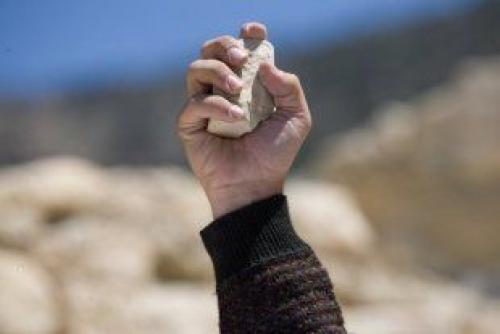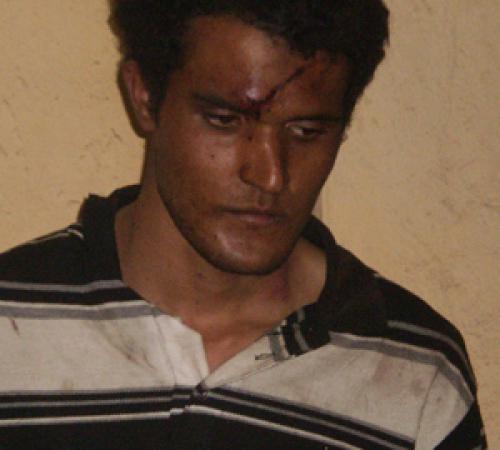government: republic
state of civil and political rights: Free
constitution: 12 January 1992
legal system: based on French law and local customs
legislative system: Unicameral National Assembly
judicial system: Supreme Court
religion: Muslim 90%, Christian 1%, indigenous beliefs 9%
death row:
year of last executions: 21-8-1980
death sentences: 0
executions: 0
international treaties on human rights and the death penalty:International Covenant on Civil and Political Rights
1st Optional Protocol to the Covenant
Convention on the Rights of the Child
Convention Against Torture and Other Cruel, Inhuman or Degrading Treatment or Punishment
Statute of the International Criminal Court (which excludes the death penalty)
situation:
Death sentences are given in Mali for serious crimes such as assassinations, betrayals, sedition, spying, arsons and destruction with explosives of public buildings, plots against the state and embezzlement of public funds whose amount is equal to or more than 10 million CFA francs.
Following the fall of the 23-year dictatorship of General Moussa Traore in 1991, the first democratically-elected president, Alpha Oumar Konarè, immediately expressed himself in favour of the abolition of the death penalty. On December 10, 1997 to mark the international human rights day, he commuted all death sentences to life imprisonment.
On May 16, 2002 Konare’s government, practically at the end of its legislature, introduced a two-year suspension of executions. It said the provision was expected to provide the opportunity to discuss the maintenance or abolition of the death penalty.
On May 29, 2002, President Konare, nine days before leaving office, announced a pardon for former military ruler Moussa Traore, who had been sentenced to death in 1993 for the murder of over 150 pro-democracy protesters, though his sentence had later been commuted to life imprisonment. The release of the former dictator was one of the election promises of Amadou Toumani Tourè, the former general who is widely-credited with toppling Moussa’s military dictatorship and introducing democracy. Toure was elected president in April 2002 and took office on June 8, 2002.
The last executions took place on 21 August 1980, when Mamadou Keita and Karuba Coulibaly, both sentenced to death for murder, armed robbery and other crimes in 1980, were shot.
In 2002, 26 people were sentenced to death, 19 of them in their absence.
On December 18, 2008 and December 21st, 2010, Mali co-sponsored and voted in favour of the Resolution on a Moratorium on the Use of the Death Penalty at the UN General Assembly.










